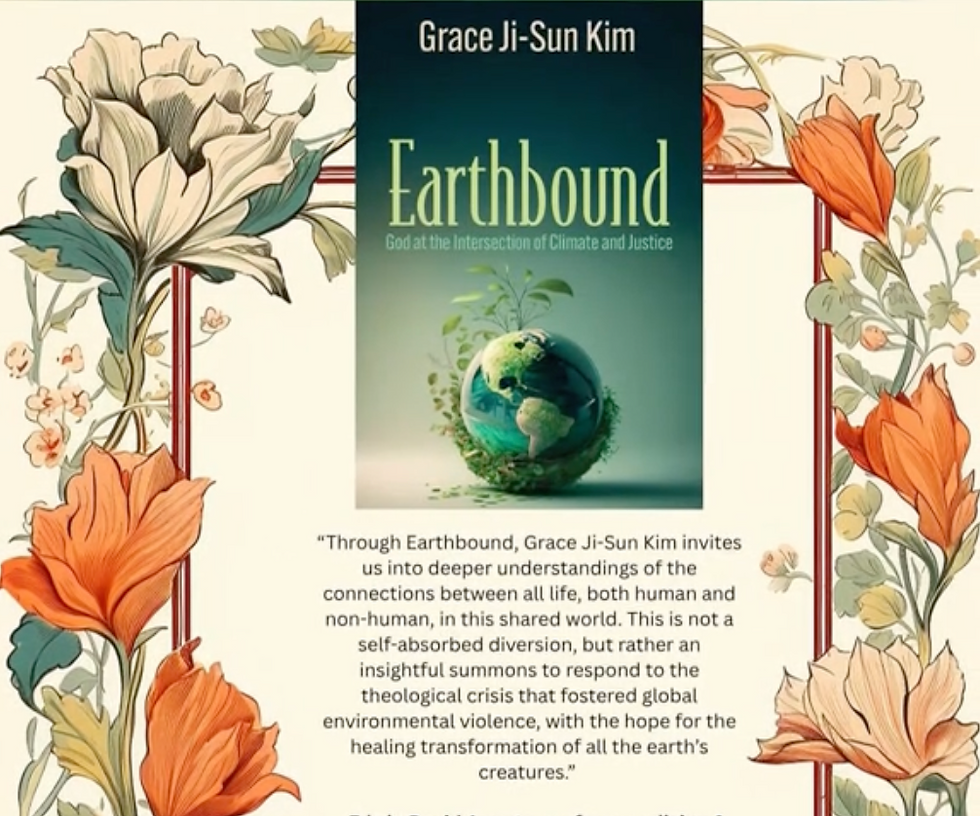Transition to Sustainability
- Rick Bonetti
- May 18, 2022
- 1 min read

Transition Design is a trans-disciplinary approach used by Carneige Mellon University to address the many ‘wicked’ problems confronting 21st century societies: climate change, forced migration, political and social polarization, global pandemics, lack of access to affordable housing/healthcare/education and many others. These problems are interconnected, interdependent and always manifest in place and culture-specific ways.
Transition Design argues that new knowledge and skill-sets are required to address these problems, and that their resolution is a strategy for igniting positive, systems-level change and societal transitions toward more sustainable, equitable and desirable long-term futures.”
Service Design or Social Innovation solutions differ from Transition Design. Service design is “the activity of planning and organizing a business’s resources (people, props, and processes) in order to (1) directly improve the employee’s experience, and (2) indirectly, the customer’s experience.”
“Design for Social Innovation (DSI) is really interaction design in the broadest sense; it’s interaction between people that takes responsibility for positive, systemic impact.”
A Multi-Level Perspective with regard to sustainability, investigates the fundamental changes in energy, transport, housing, agro-food systems that are needed to address the problem.


Comments